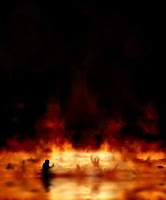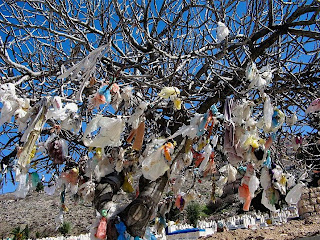Standing Room Only

My favorite band of all times is coming to play in Israel! They are coming to an ancient Roman theater in Caesarea where 2,000 years ago, they used to do all kinds of unspeakable things… But next month, I am going to see Led Zeppelin! I had great plans to get the best tickets that I could but… ended up not getting out of bed early enough to stand in line. You know how it is, the alarm went off at 2:00 in the morning and it was soooo cold out! I figured that I could stay in bed until 5:00 and still get really good seats. Then at 5:00 in the morning, it was still really cold, so I figured that I could just get up at the normal time and still get in. I knew that I wouldn’t get the best seats but, hey… it was cold! When I got to the ticket booth the line was wrapping all the way around the Coliseum and down the gravel road a bit… oy! Well, I waited for about 4 hours and eventually the line started to move. In the end, I got standing room only tickets on the far side of the theater up in t...



